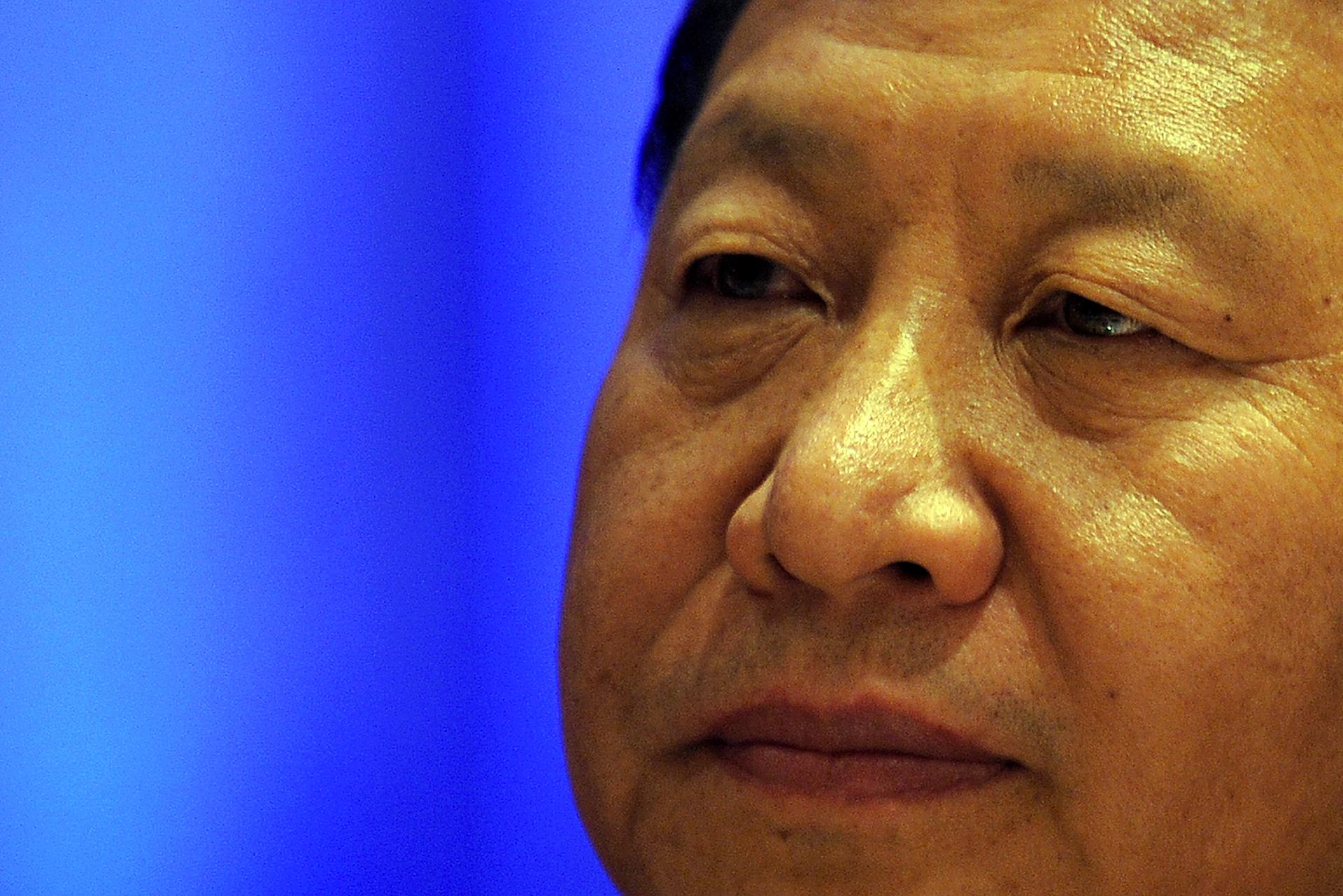Xi Jinping officially named China’s new president
China’s Vice President and expected future president, Xi Jinping.
HONG KONG — Xi Jinping has formally stepped into his role as China's president, replacing Hu Jintao and completing the Communist Party's elaborate power transition.
This cements his rise to head of state in a highly orchestrated and largely symbolic vote by delegates in the National People's Congress. He won 2,952 to 1.
The importance of this vote should not be overestimated. The title of president in today's China is mostly symbolic, experts say, and wields very little power.
Xi's real power derives from the roles he took several months ago: general secretary of the Communist Party, and chairman of the Central Military Commission, which places Xi at the top of the People's Liberation Army.
What observers say is remarkable is that Xi managed to consolidate his power so quickly. Previously, Hu Jintao and Jiang Zemin each took several years to take over the helm of the Party as well as the military.
Xi is known to have deep contacts in the army, and has already urged the military to prepare for active combat readiness.
Xi has won considerable goodwill among the public already with a savvy campaign promising to crack down on corrupt officials. His more relaxed, charismatic manner has made a favorable impression in contrast with the stilted woodenness of his predecessor, Hu.
US President Barack Obama called Xi within hours of his elevation, addressing the issues of North Korea and cybercrime, Agence France Presse reported.
"The president highlighted the threat to the United States, its allies, and the region from North Korea's nuclear and missile programs," and sought China's cooperation, a staetment from the White House said.
Obama congratulated Xi on his position and promised engagement on economic and security issues at high levels.
Chinese state run news agency Xinhua said Xi told Obama that "China and the United States have enormous common interests, but also differences."
While it's fashionable to compare China's Communist Party to the Vatican, with respect to its organization, secrecy and hierarchy, the contrast between the two has become evident in their selection of new leaders.
The Catholic Church's choice, Pope Francis, came as a surprise. The Communist Party's choice has been known for a long time.
As one user on Sina Weibo, China's version of Twitter, wrote in a translation by The Los Angeles Times, "We only found out who was the new pope today, but we knew who would be China’s president years ago."
There is no formal "inauguration" in Chinese politics, and the ceremony is mostly to confirm that the government is in line with the overarching rule of the Communist Party, the LA Times reported.
The new leader has been busy since November, however. As the New York Times pointed out,
He has used meetings, speeches and visits to a frenetic coastal city and a dirt-poor village to signal he wants some economic liberalization, more room for citizens to criticize the government, and a crackdown on the official corruption that has increasingly infuriated Chinese citizens.
Xi will most likely serve two five-year terms, giving him a decade to shape China's future as one of the world's rapidly-rising new powers.
“He wants to plant himself firmly in [the] mainstream of the communist party narrative of now, having restored China’s territorial integrity, it is time for China to regain its rightful position of greatness in the world,” Douglas Paal, vice president for studies at the Carnegie Endowment for International Peace in Washington, told Bloomberg Businessweek.
More from GlobalPost: China's Party hangs on to status quo
Every day, reporters and producers at The World are hard at work bringing you human-centered news from across the globe. But we can’t do it without you. We need your support to ensure we can continue this work for another year.
Make a gift today, and you’ll help us unlock a matching gift of $67,000!
